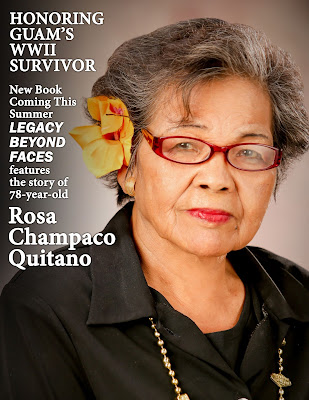Democracy Needs Debates!
SIGN THIS PETITION! DEMOCRACIES NEED DEBATES! CALLING FOR THOSE SEEKING TO BE ELECTED AS THE SINGLE NON-VOTING DELEGATE TO GUAM, MEET PRIOR TO THE NOVEMBER 3rd ELECTION FOR AT LEAST ONE DEBATE. Text is below" *************************** Albert Toves started this petition to Congressman Michael San Nicolas and 2 others The people of Guam are only allowed to elect one delegate to represent us in the U.S. federal government. While this is a non-voting delegate position, whoever is elected to this position has a lot of power as Guam’s main, and often only voice in Washington D.C. This person must ensure the even though we are thousands of miles away, our voices are heard. Our representative also has the ability to create new opportunities for Guam and should help keep us informed of federal policies and activities that might affect us. Guam’s representative to Congress must have in-depth knowledge about the needs of our island and a solid understanding of how to navigate U.S.





